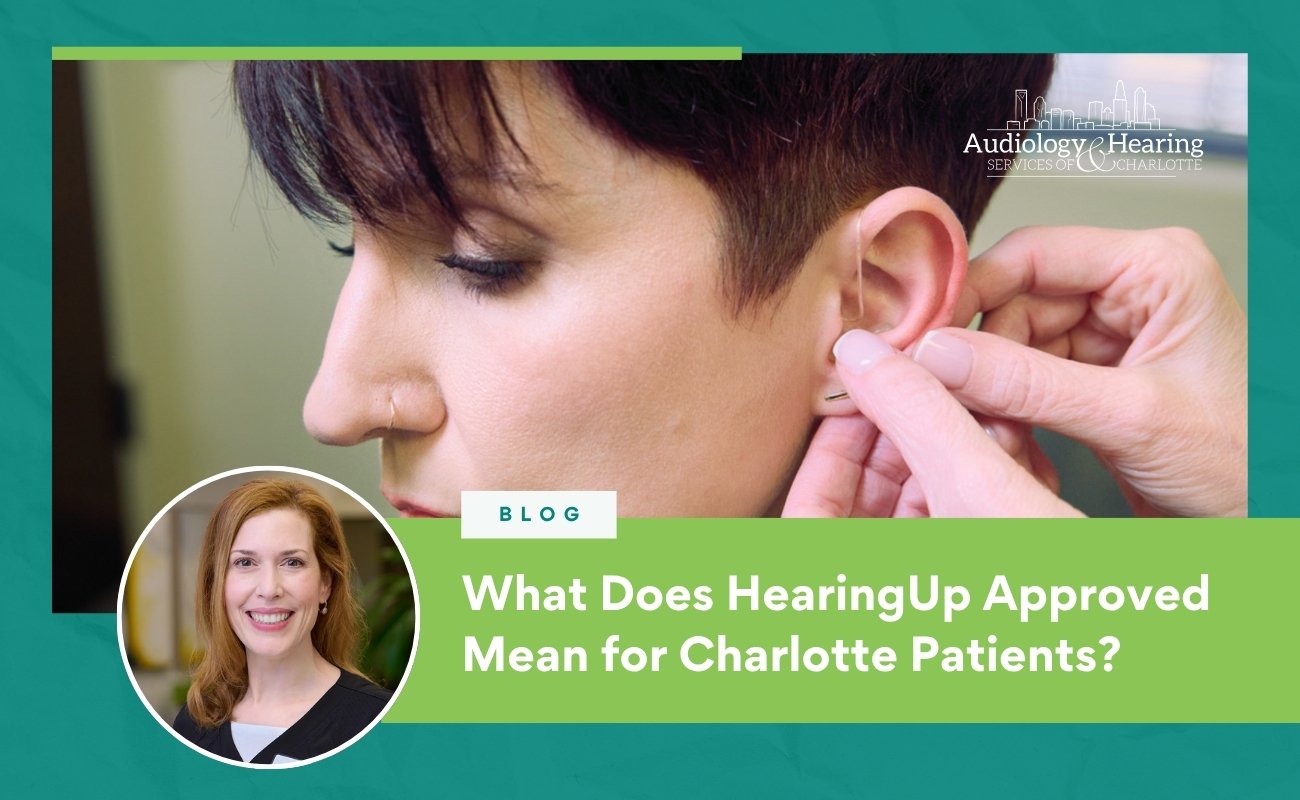
Protect Your Hearing This Fourth of July

What would Fourth of July celebrations be without the fireworks?They’d be quiet, which would be better for our hearing but maybe a bit of a disappointment without the post-dusk pyrotechnics show. However, auditory problems induced by fireworks such as tinnitus and temporary hearing loss should make us think twice about how we approach our celebrations.Since fireworks are likely to be part of your Independence Day plans, it’s important to practice some hearing loss prevention techniques.
Damage by Decibels
While the fireworks’ booms and splashes of color can elicit plenty of ooohs and ahhhs, the explosions in the sky can reach up to 175 decibels (dB). For comparison, a jet engine at take-off measures about 140 dB, while a rock band concert measures about 120 dB.The World Health Organization suggests a maximum level of 140 dB for adults and 120 dB for children. It is recommended that infants not have any exposure to fireworks – their smaller ear canals mean greater sound pressure entering the ear.Because hearing loss can result with exposure to any sound over 85 dB, it’s a wise idea to protect your hearing this holiday season. How do you do that?
- Keep your distance: The more distance between you and the sound, the better for your ears. Stay at least 500 feet away to minimize the possibility of the noise damaging the hair cells of the inner ear.
- Leave it to the professionals: If you’re attending a private fireworks display, chances are you’re going to be closer to the sound than at a community show ran by professionals.
- Plug your ears: If you’re going to be closer than the recommended distance, buy inexpensive earplugs. These can be used by children and adults to protect your hearing from damage. Using earmuffs – foam-filled cups covering the ears – are better for children due to their fit and because earplugs can be a choking hazard.
The Effects of Fireworks
Exposure to fireworks can cause the following hearing problems:
- Tinnitus
- Temporary hearing loss (usually less than 24 hours)
- Permanent hearing loss
- On rare occasions, perforated eardrums
For more information on Audiology & Hearing Services of Charlotte services and hearing damage and loss prevention options, call 704-412-7975 or contact us online.

Melissa Karp is a board-certified audiologist with special expertise in tinnitus treatment, auditory processing disorder (APD) evaluation, hearing aid fitting and aural rehabilitation.

Related blog posts
Contact us
Get in Touch
Ready to start your journey to better hearing?



Charlotte, NC 28226



